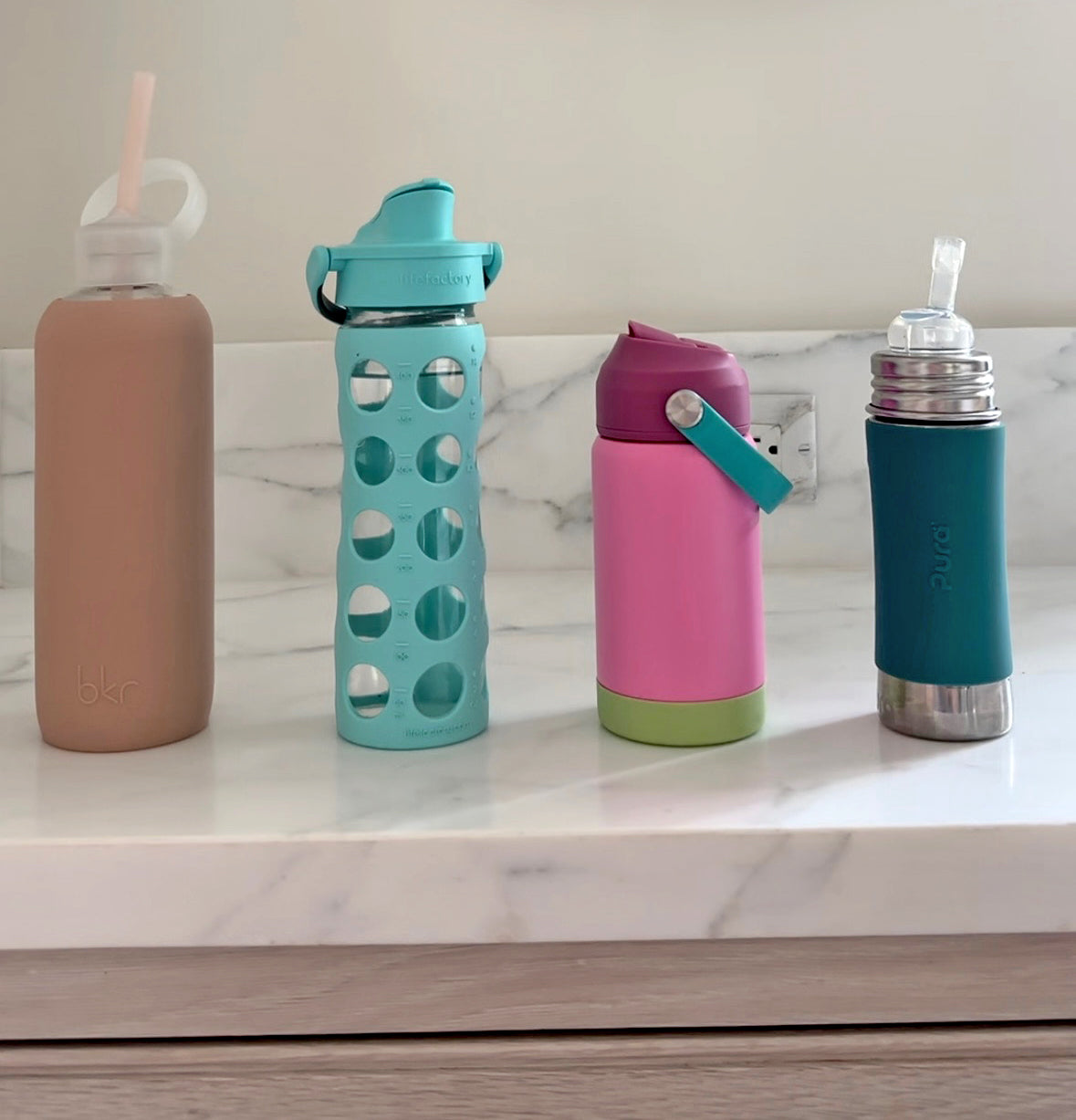7 Free Practices that Enhance Your Heart Health

Heart health is crucial for overall health and wellbeing, yet it's often overlooked until it becomes a concern.
The heart is the powerhouse of our body, responsible for maintaining the body's physiological functions. It delivers oxygen-rich blood to tissues and organs, ensuring they receive the nutrients and oxygen they need to function properly.
Prioritizing your heart health can help prevent a range of cardiovascular diseases, including heart attack, stroke, and hypertension!
Maintaining a healthy heart doesn't always require expensive treatments or complex regimens. In fact, there are several free practices you can incorporate into your daily life to enhance your heart health and overall vitality. These practices not only benefit your heart but also promote general wellness and improve quality of life.
Let's explore seven cost-free strategies that can have a significant impact on your cardiovascular health.
7 Free Practices that Enhance Your Heart Health
#1 Practice Gratitude
Did you know that JOY heals the heart!?
Expressing gratitude is a powerful tool for nurturing a healthy heart and mind. When we focus on things that bring us joy and express gratitude for them, we trigger positive responses in our brains and bodies.
Think of something, big or small, that brings you joy and focus on that. Simple pleasures like witnessing the wonder of a child or marveling at the beauty of nature can fill us with gratitude and uplift our spirits.
By cultivating a grateful mindset, we not only boost our own well-being but also radiate positivity to those around us.
#2 Breath Work
Anxiety is harmful to the heart and stopping to pay attention to our breath is one of the fastest ways to take the body out of the anxiety filled sympathetic mode. The way we breathe directly influences our heart health and overall stress levels. Taking control of our breath can shift our body from a state of anxiety to one of relaxation.
Here is a great podcast by Jim Huberman, a Stanford Neuroscientist, about the power of the breath! This podcast at 1:00-15:18 describes "the physiological sigh" which works to reduce stress levels and lower autonomic arousal faster and better than any other known approach!
There are many methods to breathe in order to switch the gears of the nervous system:
Method 1: Pay attention to make sure you are breathing from the abdomen and not from high in the chest and also to increase the exhale count. Count 1-5 for the in breath and count 1 - 8 for the exhale. Breathe slowly for a few minutes.
Method 2: Anything we do to benefit the heart also benefits the small intestine (digestion) and vice versa. This breathing technique done just before eating benefits digestion. Take six abdominal breaths – 4-second inhales with 8-second exhales to help plant you in rest or digest mode (parasympathetic mode) or take you out of fight or flight (sympathetic mode). This breathing stimulates the gastronomic reflex. The physiological sigh might also be practiced before meals for a quick shift, if in a private setting.
#3 The Relaxation Response
The Relaxation Response is a book written by Dr. Herbert Benson, M.D., a Harvard cardiologist. The book describes how practicing "the relaxation response" for 10-20 minutes a day has been proven to relieve anxiety, benefit the heart, and promote overall well-being.
This therapeutic tool is now recommended to treat patients suffering from anxiety, heart conditions, high blood pressure, chronic pain, insomnia, digestive disorders, and many other physical and psychological ailments.
It requires only minutes to learn, and just minutes of practice a day!
#4 Grounding
Get outside and ground! Grounding has been found to lower blood pressure, increase heart rate variability (HRV), and thin the blood which all reduce cardiovascular risk, including sudden cardiac death. Grounding decreases pain, stress, shifts the autonomic nervous system from sympathetic toward parasympathetic activation, speeds wound healing, and reduces blood viscosity.
Our preferred way to ground is by walking barefoot in dewy grass right away in the morning. Note: Make sure the area you choose has not been treated with chemical pesticides and/or fertilizers.
The morning is the most beneficial as it helps synchronize your circadian rhythm and provides a natural energy boost. Aim for 20-30 minutes -- but any time you can do counts!
Kiss the Ground is an incredible documentary that highlights the benefits of grounding and is available on Netflix. The Earthing Movie is also a powerful film that is worth watching, available on YouTube.
#5 Laughter as medicine
Laughter nourishes the heart!
Norman Cousins, journalist and professor, overcame serious illness through laughter. He explored and made this concept famous. He recommended that people watch hilarious movies. Many studies have verified the positive effect of laughter on the body.
So spend time with someone who makes you laugh, or put on your favorite funny podcast for some comedic relief!
#6 Sleep
Sleep is so important to our heart health. Here are some tips to improve and deepen sleep:
- Work on a regular bedtime. Sleeping a couple of hours before midnight is very healing and a powerful goal to achieve.
- Get up at the same time everyday.
- Go outside in the morning light (no sunglasses) to turn on our body clocks.
- Try to get up and move throughout the day. Physical activity/exercise improves sleep.
- Try not to exercise within a few hours of bedtime.
- Wear blue blockers or use a blue light filter on your computer or phone within a couple of hours before bedtime.
- Try to eat during daylight at least 3 hours before bedtime.
- Keep your bedroom cool, and dark.
#7 Exercise
Moving our body helps to control or modify many of the risk factors for heart disease. One of our most important cost free investments in health is to prioritize and set aside time to have regular exercise. Having a variety of movements is key and allows you to make moving fun!
As you can see, enhancing our heart health doesn't have to be complicated or expensive.
By incorporating simple, cost-free practices into our daily lives, such as expressing gratitude, practicing breathwork, and connecting with nature, we can support our heart health and overall well-being.
From cultivating a grateful mindset to prioritizing quality sleep and regular exercise, small changes can yield significant benefits for our hearts and our lives. By embracing these seven free practices, we can empower ourselves to live heart-healthy lives and thrive!
Further Reading:
8 Health Benefits of Rebounding
Categories

Marilee Nelson
Marilee Nelson is an Environmental Toxins expert who has spent nearly 30 years advocating for the chemically-sensitive and chronically-ill. She is a Board Certified Nutritionist, Certified Bau-Biologist and Bau-Biology Inspector and specializes in Food As Medicine. She has helped thousands of families and individuals identify, heal and recover from toxic exposures and is on a mission to revolutionize the way American families view their health.








